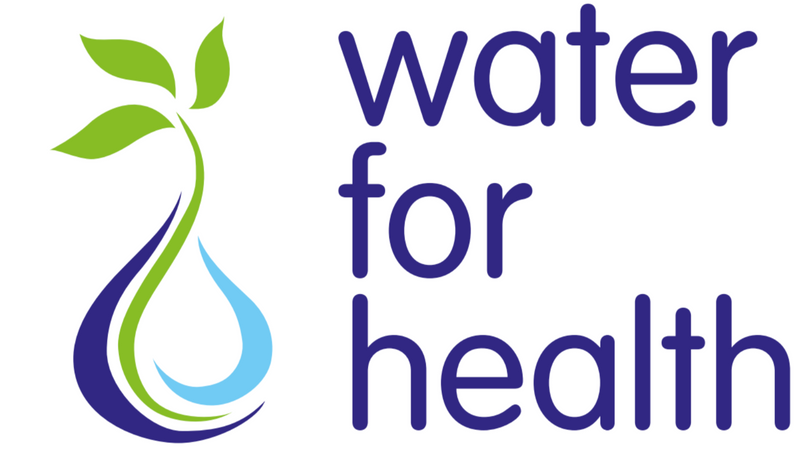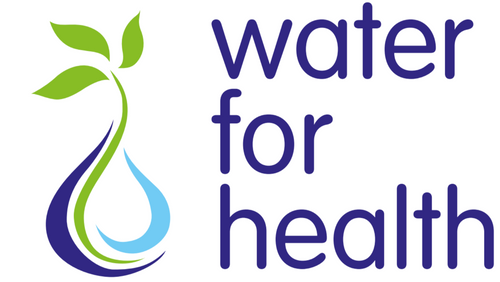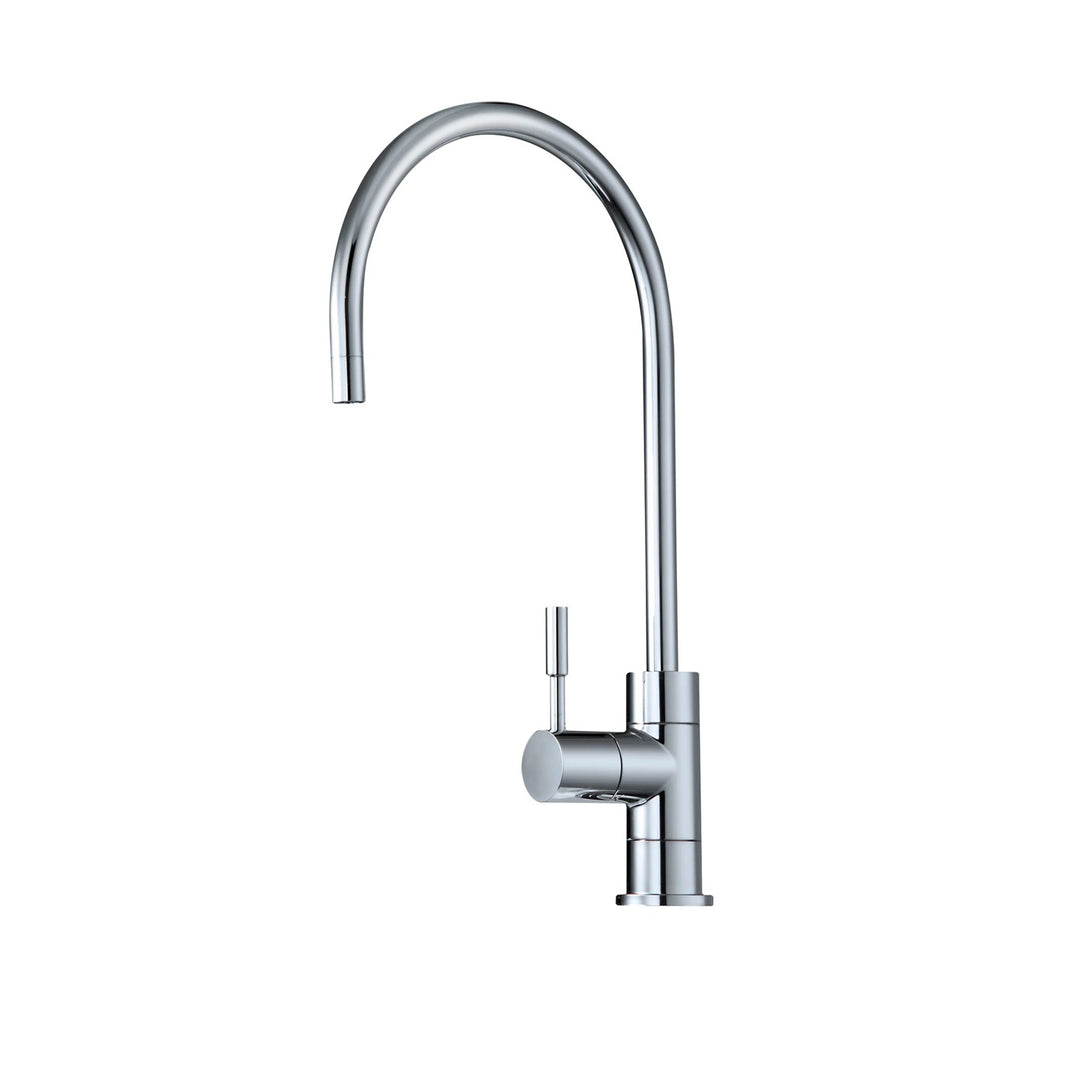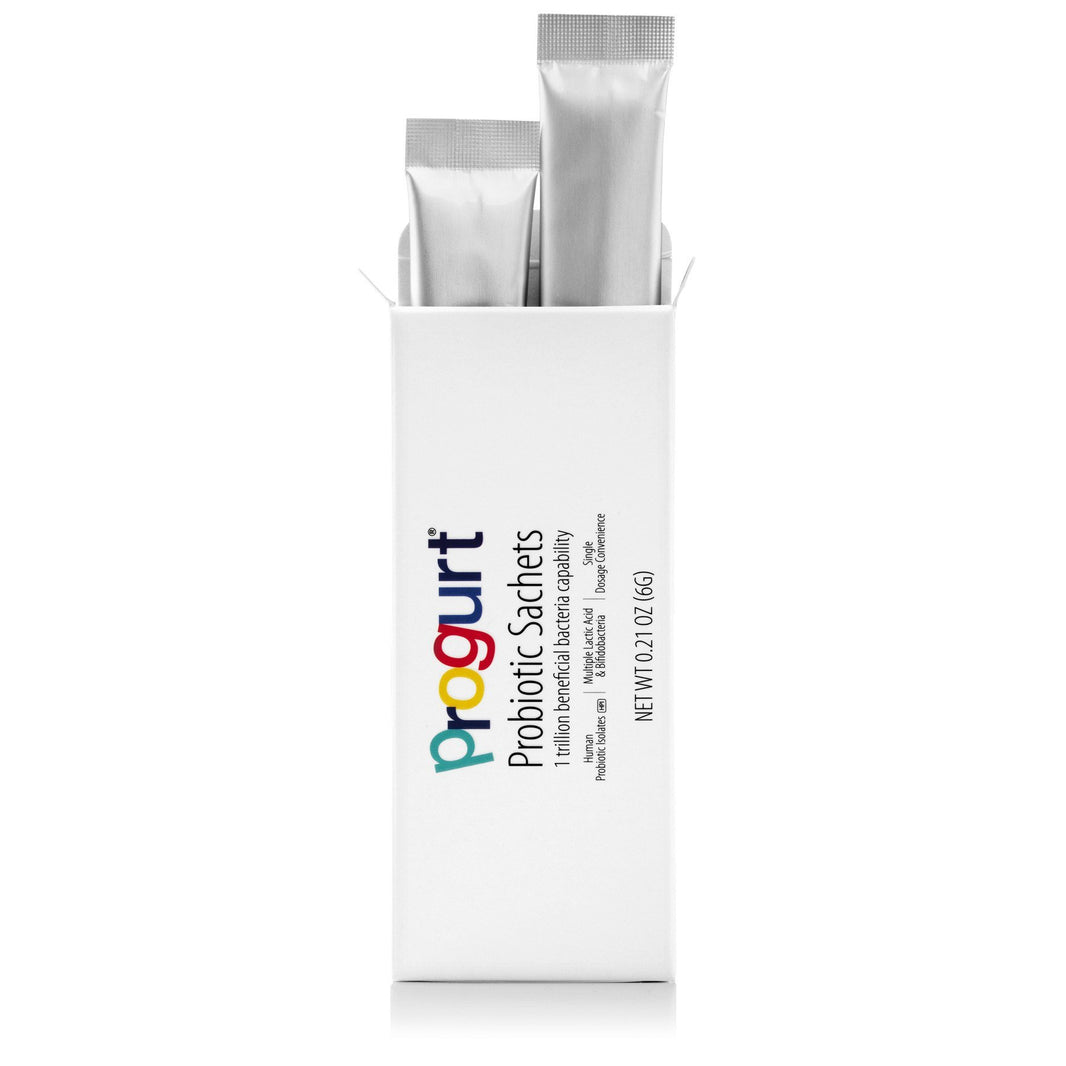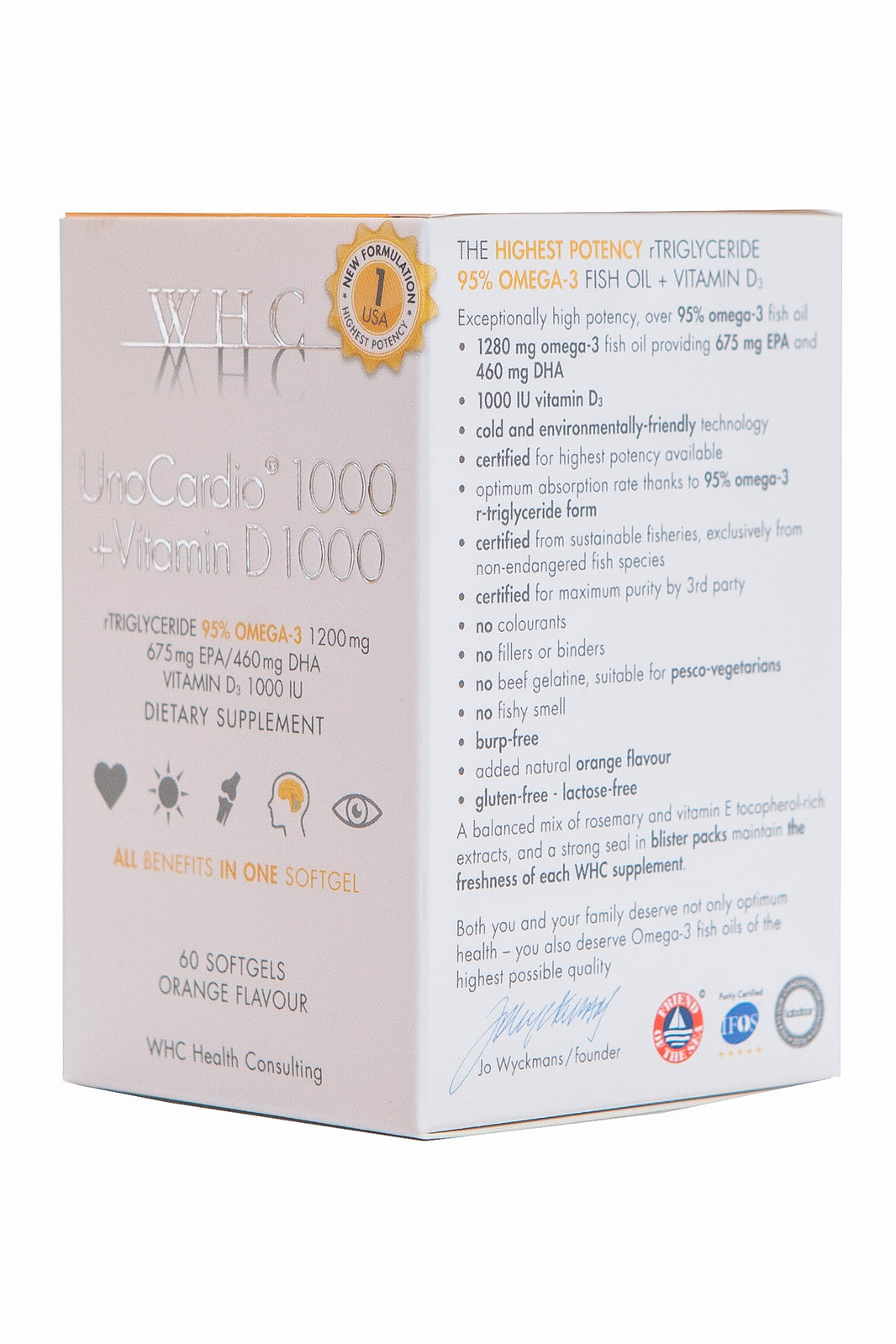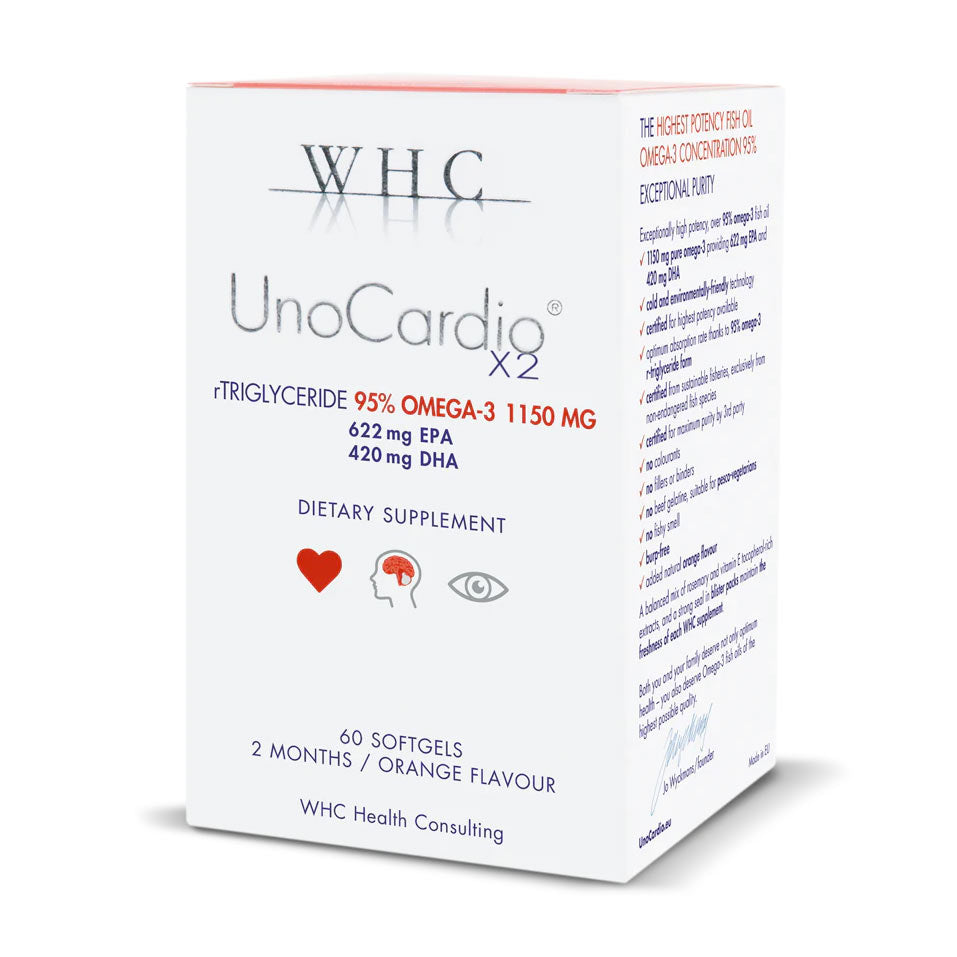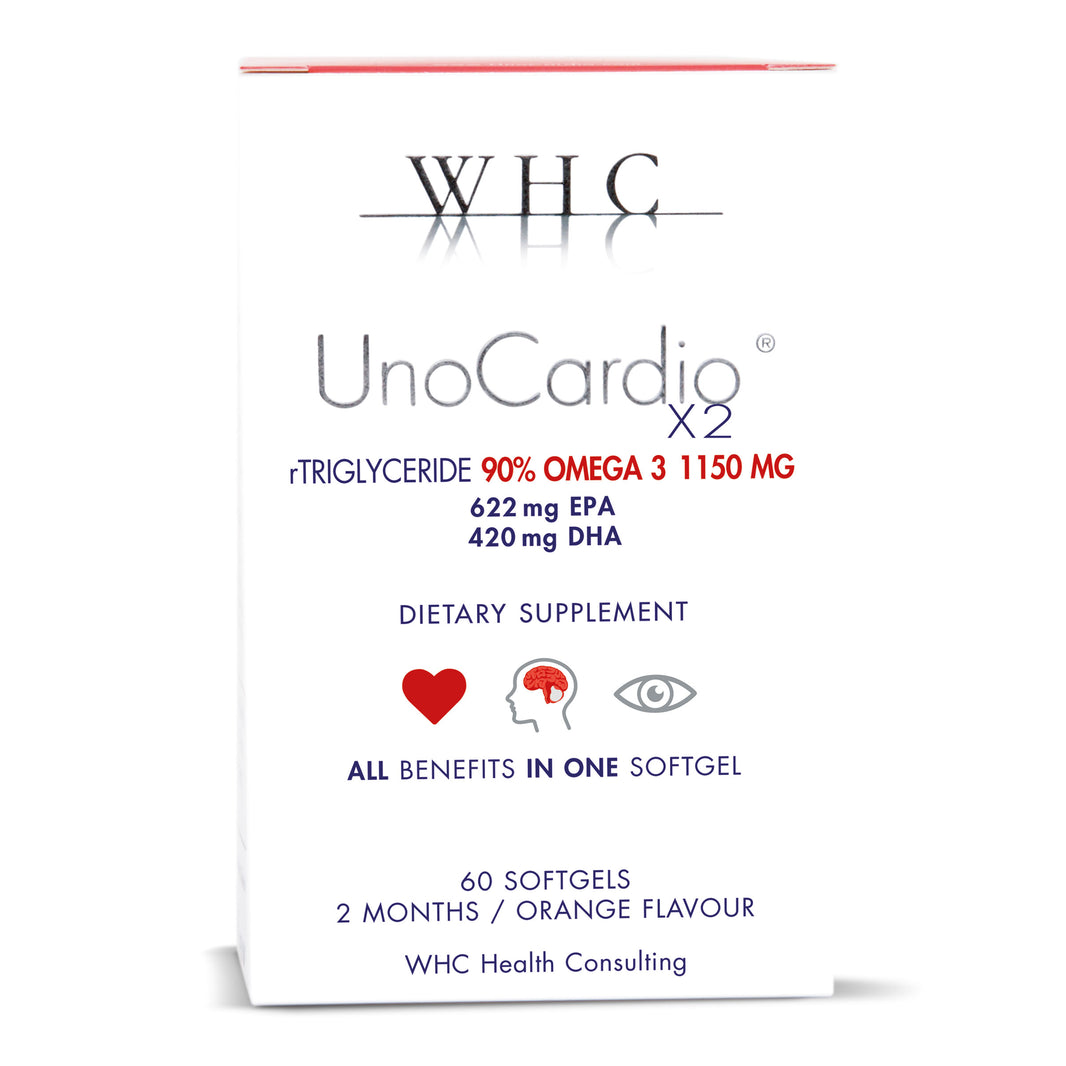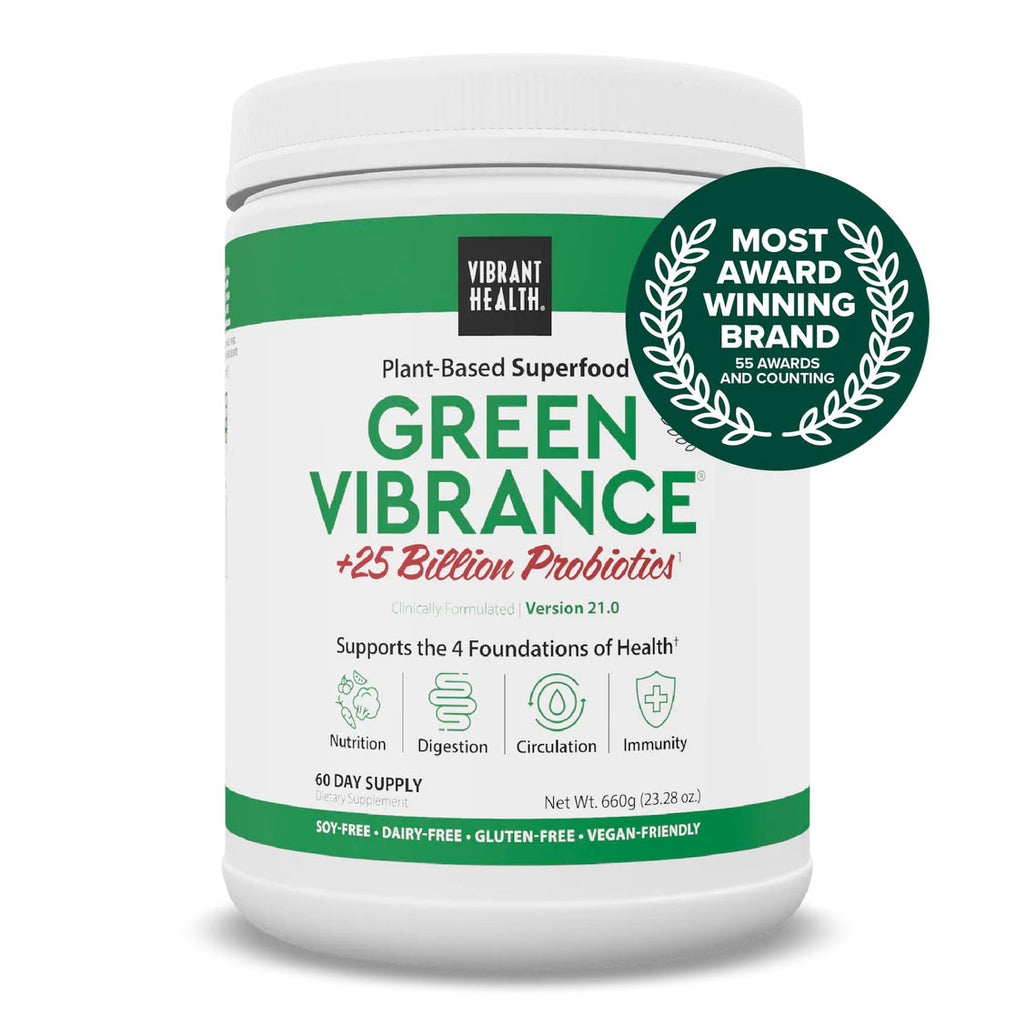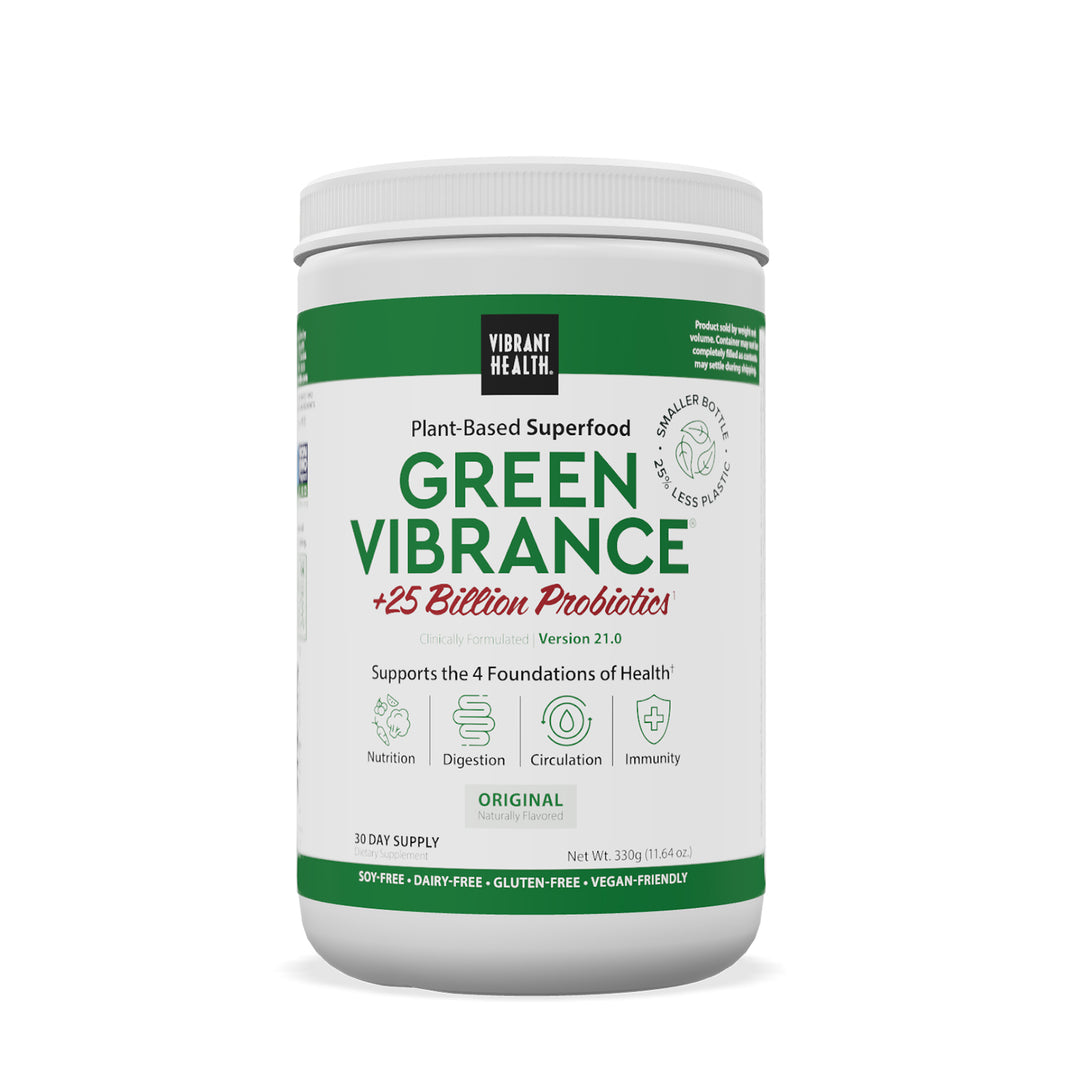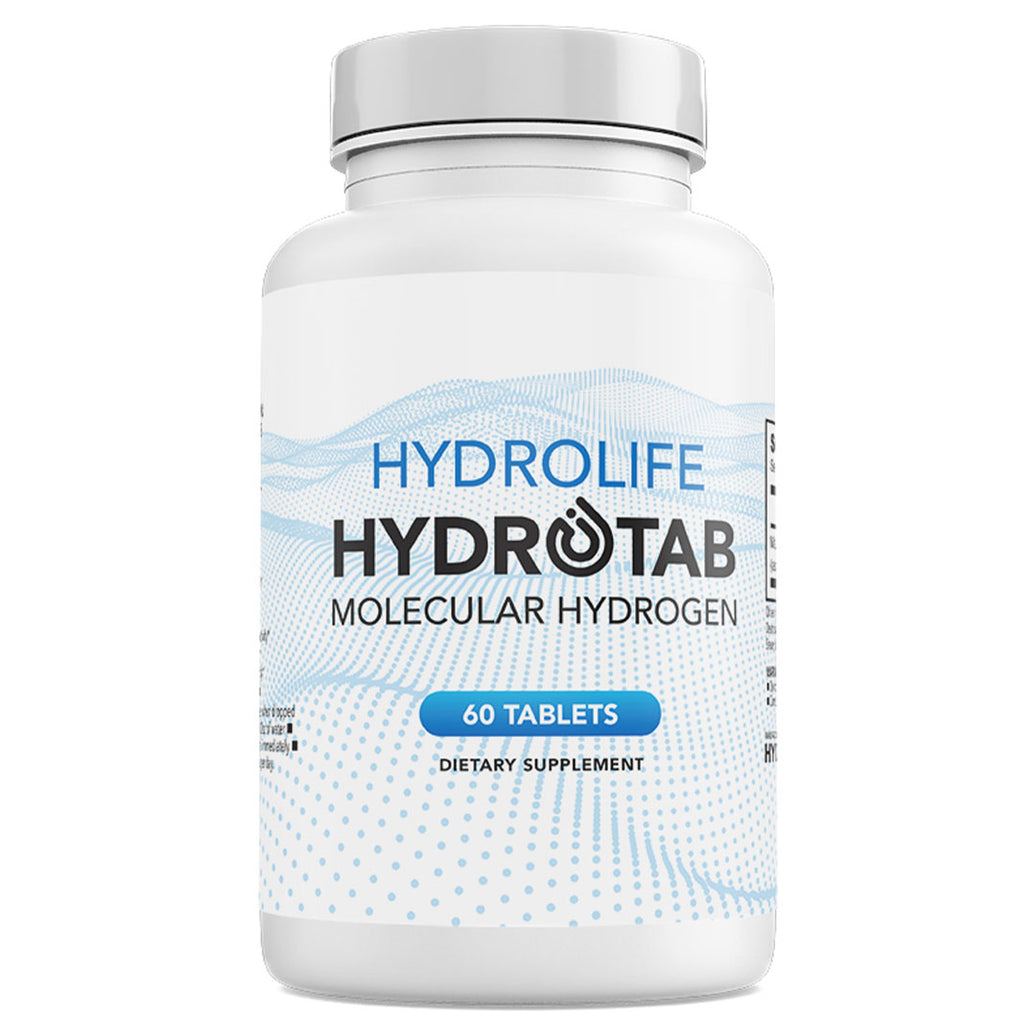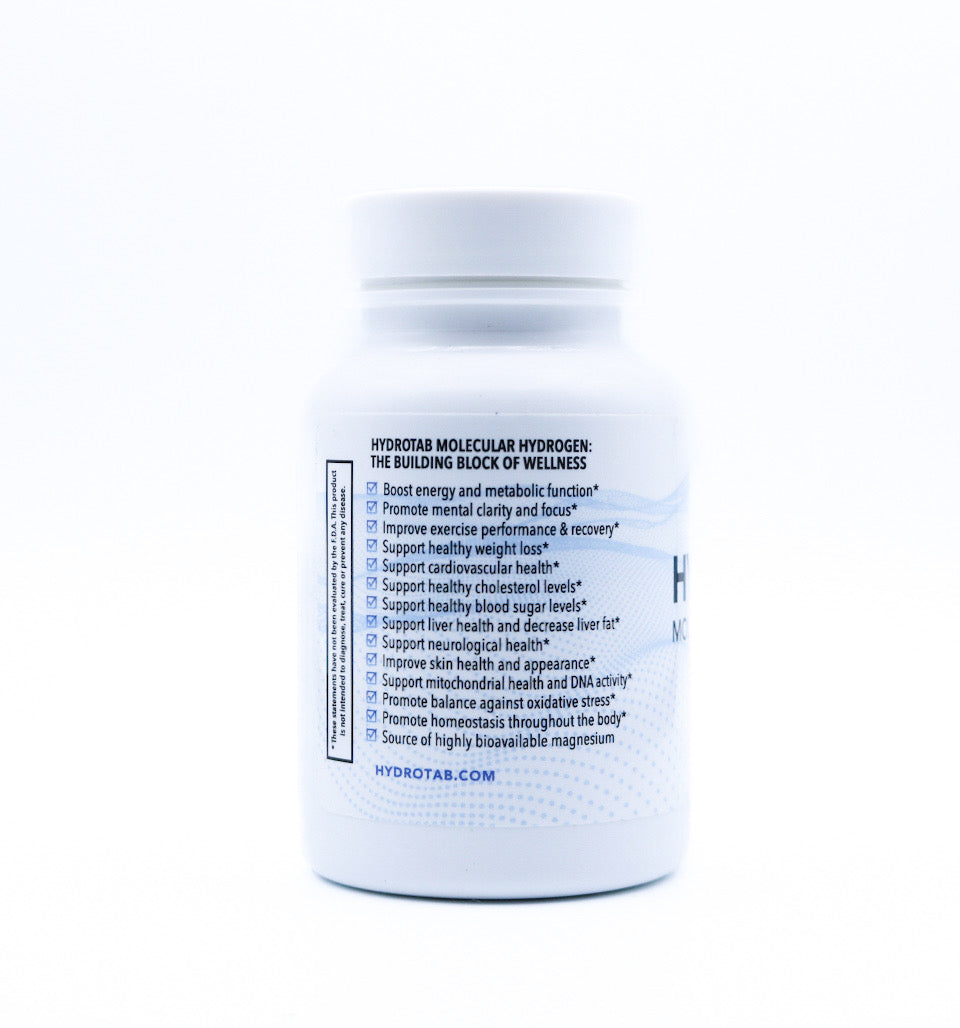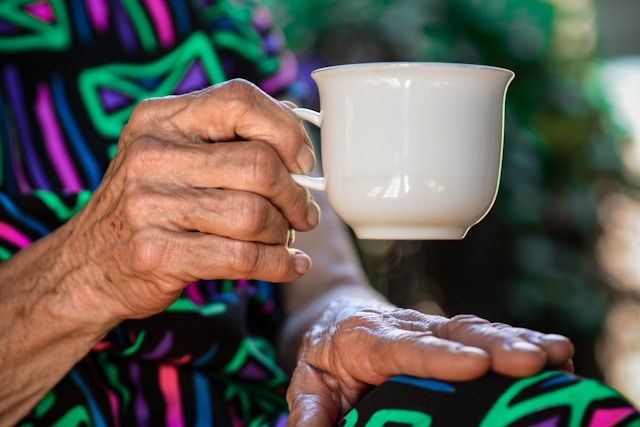As we age, our bodies undergo numerous changes that impact our overall health and well-being. One of the most crucial yet often overlooked aspects of health for ageing adults is hydration. Proper hydration is essential not only for maintaining physical health but also for supporting mental and emotional well-being. In this blog post, we will explore the importance of hydration in ageing, how it affects appetite, and strategies for ensuring that seniors stay adequately hydrated.
The Science Behind Hydration and Aging
Our bodies are composed of approximately 60% water, with closer to 80% in the lungs and kidneys, which is vital for every cell and system to function correctly (1). However, as we age, our body's water content decreases, making older adults more susceptible to dehydration (2). This reduction in water content is due to several factors, including a decrease in muscle mass (3), which holds more water than fat, and changes in kidney function, which can affect the body's ability to conserve water.
Hydration plays a critical role in preventing common health issues among seniors, such as urinary tract infections, constipation, and kidney stones (4). Additionally, adequate hydration helps regulate body temperature, lubricates joints, and maintains skin health, all of which are essential for ageing adults (5). One study also stated that having a higher intracellular level can lead to lower frailty risk in elderly people and has also ben associated with better functional performance (6).
Signs of Dehydration in Ageing Adults
Dehydration can manifest in various physical, mental, and emotional signs, which may be subtle and easily overlooked in seniors. As people age, their sense of thirst diminishes, making them less likely to drink enough fluids (7). Additionally, certain medications and medical conditions common in older adults can further contribute to dehydration risks (8). Some common signs of dehydration include (9):
1. Dry mouth and throat: Seniors may frequently feel the need to moisten their lips or throat.
2. Dark yellow urine or infrequent urination: This is a key indicator that the body isn't receiving enough water.
3. Fatigue and lethargy: Dehydration can sap energy, making even simple tasks feel exhausting.
4. Dizziness or light-headedness: A lack of fluids can affect blood pressure, leading to balance issues.
5. Confusion or cognitive impairment: Dehydrated individuals may experience difficulty concentrating or memory lapses.
6. Sunken eyes and dry skin: These visible signs are often a result of the skin and tissues losing moisture.
7. Constipation: Insufficient hydration can slow down the digestive system, resulting in fewer bowel movements.
Early detection and prevention of dehydration are essential for maintaining health in ageing adults. Caregivers and family members should be vigilant in recognising these signs and encourage regular fluid intake. Offering water-rich foods, setting reminders to drink water, and ensuring easy access to fluids can make a significant difference in preventing dehydration. Creating a routine that includes regular hydration breaks can help seniors develop better habits and reduce the risk of dehydration-related health issues.
Strategies for Staying Hydrated

Ensuring that seniors drink enough water daily can be challenging, especially if they have a diminished sense of thirst. Here are some practical tips for caregivers and seniors to promote adequate hydration:
- Set a Schedule: Encourage regular drinking habits by setting specific times throughout the day for water intake, such as after waking up, with meals, and before bedtime.
- Use Visual Cues: Keep water bottles or glasses in visible and easily accessible locations to remind seniors to drink.
- Offer Variety: Incorporate different types of fluids, such as herbal teas, fruit-infused water, and clear soups, to make hydration more appealing.
- Monitor Intake: Track daily fluid consumption to ensure that seniors meet their hydration goals. Aim for at least eight 8 - 12 glasses (about 2-3 litres) of water per day, unless otherwise advised by a healthcare provider (10).
- Eat Hydrating Foods: Include water-rich fruits and vegetables in meals, such as cucumbers, watermelon, oranges, and strawberries, to boost overall fluid intake.
The Connection Between Hydration and Appetite
Dehydration can significantly impact appetite in seniors, leading to reduced food intake and potential nutritional deficiencies. When the body is dehydrated, it can sometimes mistake thirst for hunger, causing a lack of interest in eating. This can be particularly problematic for ageing adults who already struggle with maintaining a healthy diet due to various factors such as decreased metabolism, medication side effects, or physical limitations. Ensuring seniors remain properly hydrated is crucial for their overall health and well-being.
To maintain healthy eating habits through proper hydration, consider the following strategies:
- Hydrate Before Meals: Encourage seniors to drink a glass of water about 30 minutes before meals to stimulate appetite. This practice can help prepare their digestive system for food intake and ensure they are not mistaking thirst for hunger.
- Incorporate Brothy Foods: Soups and stews not only provide hydration but also make eating easier for those with dental issues or swallowing difficulties. Additionally, these meals can be nutrient-dense, offering a variety of vitamins, minerals, and essential nutrients in a single dish.
- Serve Moist Foods: Offer dishes with higher water content, such as salads, fruits, and cooked vegetables, to add both hydration and nutrition to meals. Foods like watermelon, cucumbers, and oranges are particularly hydrating and can be refreshing options for seniors. Consider creating a colourful and appealing plate to make meals more enticing.
By implementing these strategies, caregivers and family members can help seniors maintain adequate hydration and nutrition, ultimately supporting their overall health and quality of life.
Hydration and Cognitive Function

Adequate hydration is essential for maintaining cognitive health in seniors. Dehydration can lead to confusion, memory problems, and difficulty concentrating, which can significantly impact an ageing adult's quality of life (11). Studies have shown that even mild dehydration can impair cognitive performance and mood in older adults (12).
To support cognitive function through hydration, caregivers and seniors can follow these practical tips:
- Regular Reminders: Use alarms or phone reminders to prompt regular drinking intervals throughout the day.
- Fluid-Rich Snacks: Keep hydrating snacks, such as fruit slices or yoghurt, readily available for easy consumption.
- Encourage Social Drinking: Promote social activities that involve fluid consumption, such as tea parties or communal meals, to make hydration a more enjoyable and shared experience.
Good Hydration is Vital for Ageing Well
Hydration is a crucial factor in maintaining health and well-being as we age. Proper hydration helps prevent common health issues, supports cognitive function, and promotes a healthy appetite in seniors. By understanding the science behind hydration and ageing, recognising the signs of dehydration, and implementing effective strategies to stay hydrated, caregivers and health-conscious adults can ensure that ageing loved ones remain healthy and vibrant.
Remember, staying hydrated is a simple yet powerful way to support overall health. Share this valuable information with your community to help promote better hydration habits and improve the quality of life for ageing adults.
Written by Amy Morris, BSc (Hons) Nutritional Therapy. Amy has been a nutritional therapist for 12 years, specialising in recent years as a functional medicine nutritional therapist. Women’s health, and pre-diabetes and type 2 diabetes prevention are Amy’s specialist areas. Diagnosed with a chronic condition called endometriosis at age 20, this is what motivated Amy to study nutrition. Amy has been in remission for 6 years now, attributing powerful nutrition, lifestyle and bio-identical hormone strategies she now shares with her clients.
Water for Health Ltd began trading in 2007 with the goal of positively affecting the lives of many. We still retain that mission because we believe that proper hydration and nutrition can make a massive difference to people’s health and quality of life. Click here to find out more.
References
- Wallis, Claudia. “Your Body Has a Clever Way to Detect How Much Water You Should Drink Every Day.” Scientific American, Sept. 2022, www.scientificamerican.com/article/your-body-has-a-clever-way-to-detect-how-much-water-you-should-drink-every-day/, https://doi.org/10.1038/scientificamerican0922-25.
- Li, S., Xiao, X., & Zhang, X. (2023). Hydration Status in Older Adults: Current Knowledge and Future Challenges. Nutrients, 15(11), 2609. https://doi.org/10.3390/nu15112609
- Lorenzo, I., Serra-Prat, M., & Yébenes, J. C. (2019). The Role of Water Homeostasis in Muscle Function and Frailty: A Review. Nutrients, 11(8), 1857. https://doi.org/10.3390/nu11081857
- Shaheen, N. A., Alqahtani, A. A., Assiri, H., Alkhodair, R., & Hussein, M. A. (2018). Public knowledge of dehydration and fluid intake practices: variation by participants' characteristics. BMC public health, 18(1), 1346. https://doi.org/10.1186/s12889-018-6252-5
- Harvard T.H Chan. “The Importance of Hydration.” News, 28 Sept. 2017, www.hsph.harvard.edu/news/hsph-in-the-news/the-importance-of-hydration/.
- Serra-Prat, M., Lorenzo, I., Palomera, E., Yébenes, J. C., Campins, L., & Cabré, M. (2019). Intracellular Water Content in Lean Mass is Associated with Muscle Strength, Functional Capacity, and Frailty in Community-Dwelling Elderly Individuals. A Cross-Sectional Study. Nutrients, 11(3), 661. https://doi.org/10.3390/nu11030661
- Kenney, W. L., & Chiu, P. (2001). Influence of age on thirst and fluid intake. Medicine and science in sports and exercise, 33(9), 1524–1532. https://doi.org/10.1097/00005768-200109000-00016
- Mayo Clinic. “Dehydration - Symptoms and Causes.” Mayo Clinic, 14 Oct. 2021, www.mayoclinic.org/diseases-conditions/dehydration/symptoms-causes/syc-20354086.
- Cleveland Clinic. “Dehydration.” Cleveland Clinic, 5 June 2023, my.clevelandclinic.org/health/diseases/9013-dehydration.
- WebMD. “How Much Water Should I Drink?” WebMD, WebMD, Feb. 2017, www.webmd.com/diet/how-much-water-to-drink.
- Pross, Nathalie. “Effects of Dehydration on Brain Functioning: A Life-Span Perspective.” Annals of Nutrition and Metabolism, vol. 70, no. 1, 2017, pp. 30–36.
- News, Neuroscience. “Dehydration Impairs Attention in Middle-Aged Adults.” Neuroscience News, 23 May 2024, neurosciencenews.com/dehydration-attention-aging-26163/.
